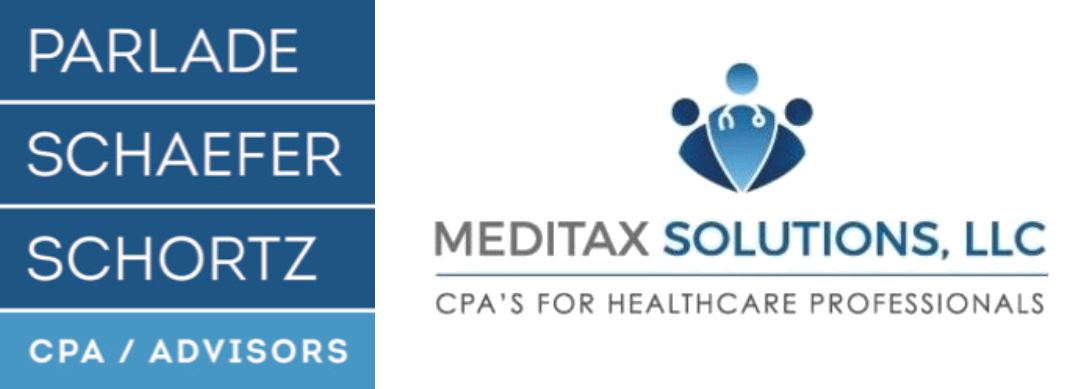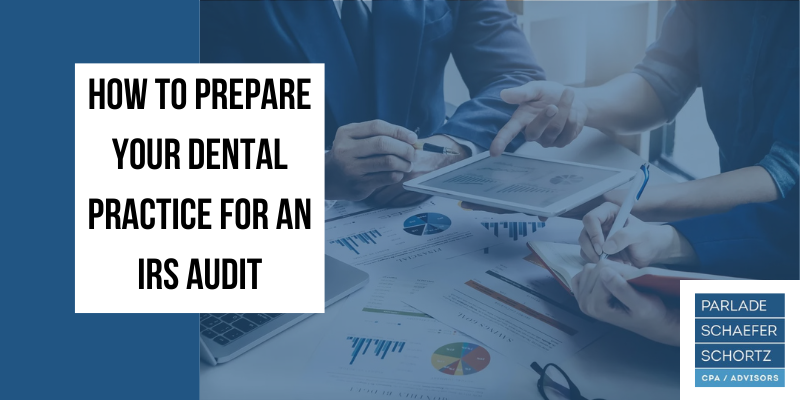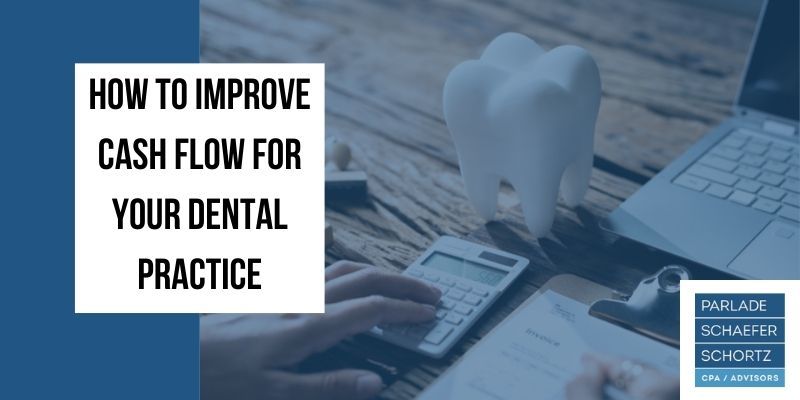Tax Savings Realtors Shouldn't Miss Out On
Best Dental CPA Firm in South Miami, FL
As a realtor, your success depends on closing deals and how well you manage your finances. Understanding the complexities of tax laws, deductions, and proper planning can be a game changer for your business. Here, we will discuss how a Certified Public Accountant (CPA) can help you maximize your tax benefits and improve your financial health.
Real Estate Business Expenses for Maximum Deductions
One of the most significant tax-saving opportunities for realtors is the ability to deduct business expenses. As a self-employed professional or an independent contractor, your deductions can include things like:
Office space and equipment
You can claim deductions for the space, utilities, and even office supplies if you work from a home office.
Marketing and advertising costs
Brochures, online ads, website maintenance, and professional property photography are tax-deductible.
Travel and vehicle expenses
Your car is likely one of your most important assets. As long as the mileage driven for work, maintenance, and fuel is well documented, it can all be deducted.
Continuing education
Fees for professional development, seminars, or training courses.
A CPA can help you structure your expenses efficiently, maximizing all allowable deductions and keeping accurate records.
Understanding Qualified Business Income (QBI) Deduction as a Realtor
The Qualified Business Income (QBI) deduction is a significant tax advantage for realtors operating as sole proprietors or through pass-through entities like LLCs.
This allows eligible taxpayers to deduct up to 20% of their qualified business income. However, understanding whether you qualify and how much you can deduct depends on your total taxable income, business structure, and other factors.
Working with a CPA familiar with real estate can ensure you fully benefit from the QBI deduction while staying compliant with IRS guidelines.
Depreciation of Real Estate Assets
If you invest in properties, depreciation is a crucial tax advantage. The IRS allows you to deduct the gradual loss of value on real estate over time, even though, in reality, the property might be appreciating. Depreciation can offer significant tax relief, whether it's rental property or office space.
A skilled CPA can help you create a comprehensive depreciation schedule that aligns with your investment strategy, allowing you to minimize your taxable income over the life of the property.
Realtor Retirement Planning and Tax Savings
Many realtors overlook the opportunity to use retirement accounts for tax savings. As a self-employed professional, you can contribute to tax-advantaged retirement plans like SEP IRAs, Solo 401(k)s, or SIMPLE IRAs.
These plans allow for significant contributions, providing you with both retirement savings and immediate tax deductions.
A CPA can help you determine the right retirement plan for your financial goals and ensure that you are taking full advantage of the available tax benefits.
Handling Capital Gains and Property Sales as a Realtor
Real estate agents often deal with property investments, so understanding capital gains tax is essential. Whether you're selling personal property or investment real estate, a CPA can help navigate the tax implications of these transactions.
With strategies like the 1031 exchange, which allows you to defer capital gains taxes when you reinvest in similar properties, you can make smarter financial decisions.
Avoiding Common Tax Pitfalls as a Realtor
Realtors can sometimes find themselves under the IRS spotlight due to the complexity of their income sources. Common pitfalls include failing to properly document expenses, underestimating quarterly tax payments, or misclassifying income.
A CPA familiar with the nuances of the real estate industry can help you avoid these costly mistakes and keep you in good standing with tax authorities.
Quarterly Tax Payments and Estimated Taxes
Unlike salaried employees, realtors often need to make estimated quarterly tax payments. Miscalculating these payments can result in underpayment penalties or a big tax bill in April. CPA can help you determine your estimated tax liability throughout the year, ensuring you're setting aside enough funds and making timely payments.
Entity Structuring for Realtors
Choosing the proper business structure can have long-term tax and liability implications. Should you operate as a sole proprietor, LLC, or S Corporation? Each has its tax benefits, liability protection, and overall business growth. A CPA can help you with the best entity structure for your situation, helping you save on taxes and protect your assets.
The world of real estate offers lucrative opportunities, but it also comes with complex financial challenges. Working closely with a CPA who understands the intricacies of your profession can make a significant difference in your financial success. By leveraging tax strategies, maximizing deductions, and ensuring compliance, you'll be better positioned to achieve long-term growth and profitability in your real estate business.
If you're ready to take control of your financial future, connect with a CPA. We are real estate CPAs and financial planner specialists serving South Miami and Punta Gorda, FL.
Reach out; we are here to help.
5975 Sunset Dr, South Miami, FL 33143






